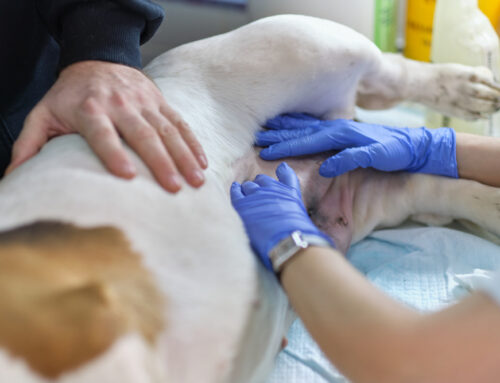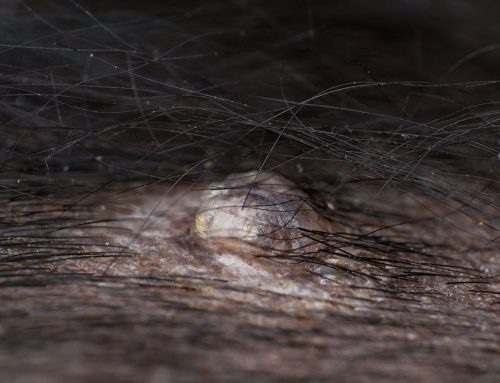Many owners consider their pets family members and want to provide them with the highest quality cuisine. Then, because they are confused by all the conflicting information about commercial pet foods, some well-meaning pet owners choose to make their pet’s food at home. While you can prepare nutritious meals for your pet, cooking your pet’s food at home comes with challenges and health risks. Our team at Creature Comforts Veterinary Service explains what you should know before choosing a homemade pet diet.
The allure of homemade pet diets
The decision to make your pet’s food at home is personal, and pet owners choose to do this for a variety of reasons, including:
- Pet food recalls — Common reasons for pet food recalls include package mislabeling, insufficient or excessive vitamins and minerals, unsafe shipping or handling, and quality control issues, such as mold or bacterial contamination, some of which may cause foodborne illness. When commercial pet food brands issue a recall for contamination, pet owners may choose to reduce their pet’s risk by making their pet’s food at home.
- Allergy concerns — Pet food allergies are most commonly caused by a protein, but other ingredients in the food, such as wheat and food additives, can also trigger a reaction. Pet food allergies are commonly triggered by chicken, beef, dairy, soy, and eggs, and a pet owner may decide a homemade diet will eliminate the potential allergens in commercial foods and reduce their pet’s allergic reactions.
- Ingredient quality — Pet owners who are concerned about genetically modified (GMO) ingredients, overly processed foods, and filler ingredients in commercial pet foods may choose a homemade pet diet to avoid processed ingredients and artificial additives.
- Picky pets — Like people, pets can be finicky about their food, and a picky eater may turn their nose up at certain flavors or textures, prompting their owner to entice them with homemade food.
The risks of feeding your pet a homemade diet
While cooking for your pet can be appealing, numerous risks are associated with homemade pet food diets.
- Nutritional deficiencies — Pets require a precise balance of proteins, carbohydrates, fats, vitamins, and minerals for optimal health, and ensuring your pet’s diet is nutritionally balanced is challenging. Before feeding your pet a homemade diet, consult with a veterinary nutritionist to ensure your pet’s diet doesn’t lack essential nutrients. Making your pet’s food without professional guidance can harm your pet’s health.
- Toxic ingredients — Many foods considered healthy for people, including grapes, raisins, onions, garlic, citrus fruit, avocado, and chocolate, are harmful or toxic for pets. If you suspect your pet has eaten something toxic, contact our team, the Pet Poison Helpline, or your nearest 24/7 veterinary emergency center.
- Increased cost — Some high-end commercial pet foods are expensive, but making your pet’s food at home can be more expensive, especially if you use costly organic ingredients.
- Time commitment — Preparing homemade pet food requires significant time and effort. From consulting with experts and researching nutritionally sound recipes, to shopping, preparing, and cooking ingredients, finding the time to provide consistent balanced meals for your pet can be challenging. Purchasing high-quality commercial pet food takes much less time and ensures your pet receives the essential nutrients.
- Portion control — Serving your pet appropriate portions can also be difficult with homemade diets. Commercial pet food labels can help you determine how much food to give your pet to meet their required calories, but determining accurate portions of your home cooking can be extremely challenging. This can lead to weight loss or weight gain, which increases your pet’s risk for serious health issues.
The risks facing people who make homemade pet food

Homemade diets aren’t only risky for pets—they can be risky for people, too. Certain ingredients, such as raw meat or eggs, put your pet at risk of ingesting parasites or a bacterial infection (e.g., salmonella). Also, these bacterial infections can pass to owners who handle the food or clean up after their pet, putting you and your family at risk.
We know you want to feed your pet the most nutritious diet to ensure their best health, but can you meet the challenges of homemade food? Our team can help with information, guidance, and resources. Contact our Creature Comforts Veterinary Service team and schedule a nutritional consultation for your pet.







Leave A Comment